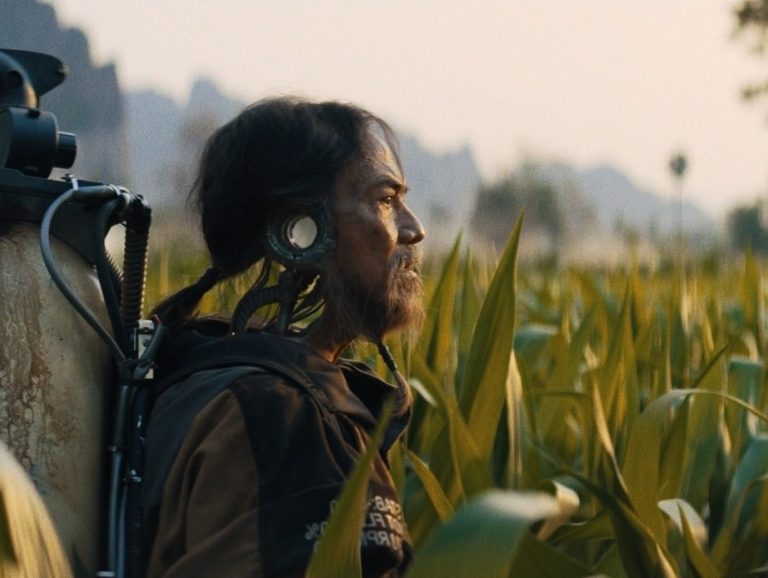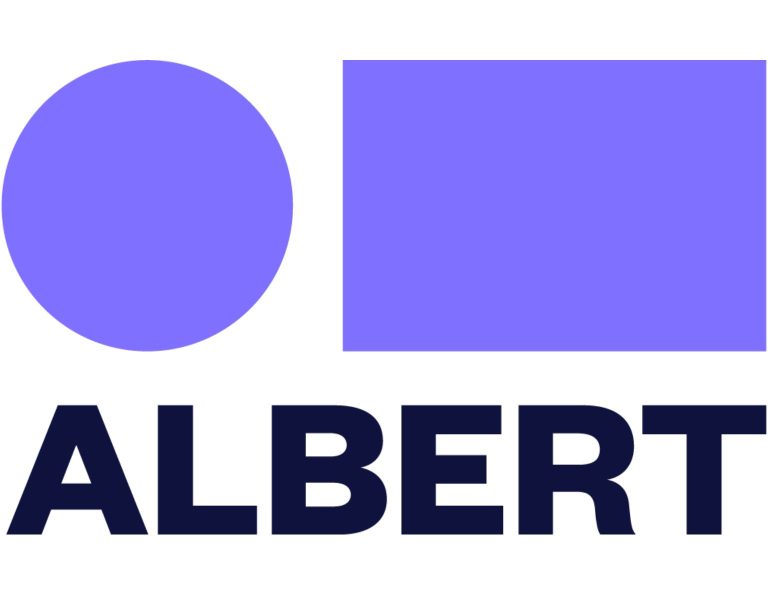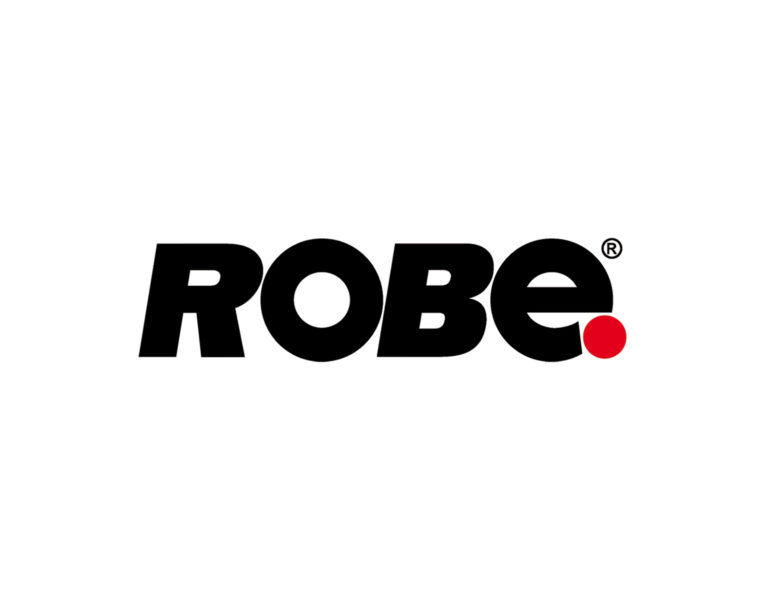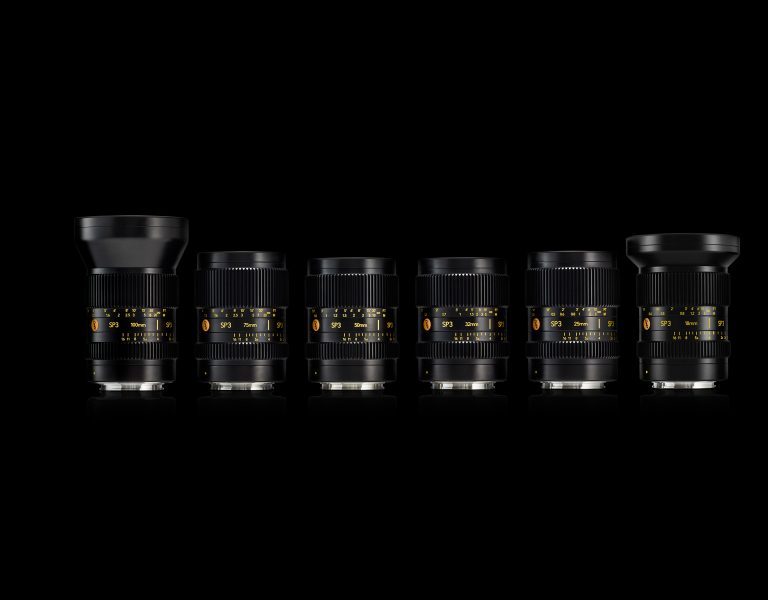Studio sustainability data revealed by BAFTA albert
Jul 6, 2023

BAFTA albert, the film and TV consortium for sustainability, has released its Studio Sustainability Standard Report, providing analysis on sustainability data from studios across the UK and USA.
Drawing from data submitted from 12 participating studios across 2021/22, the Studio Sustainability Standard Report provides analysis of the current collective impact and efforts reduce them of the studios – as well as a roadmap towards a resilient and sustainable entertainment industry.
Key findings from the report indicate that studios collectively contributed 25,820 tonnes from location-based and market-based emissions and that studios are making active efforts to reduce emissions and improve environmental wellbeing in high impact areas. Highlights include:
- 8/12 studios have targets in place to improve their sustainability performance
- 8/12 studios are supplied by100% renewable energy
- 8/12 studios have house power and zero generator policy on site
- 11/12 studios collect waste data volumes to measure how much is recycled
- 11/12 studios have mental health and well-being policies and programmes in place
The Studio Sustainability Standard was created by and for the industry in partnership with BAFTA albert and sustainable development specialists Arup. The 12 participating studios undertook the Studio Sustainability Standard in 2021/22, committed to measuring carbon emissions, reducing waste, and charting a course toward zero carbon, zero waste facilities.
The standard enables physical studios to focus on six key areas — Climate, Circularity, Nature, People, Management, and Data — within their operations to help drive environmental improvements. The data-driven insights provided through the standard help studios to target meaningful decarbonisation in their spaces, as well as supporting the wellbeing of staff and local biodiversity.
Steve Smith, Project Lead at BAFTA albert said: “In a world grappling with the urgency of climate change, 12 studios have stepped up to the plate, embracing their responsibility and driving a transformative shift towards sustainable practices in a commitment to align with net-zero pathways.
This report celebrates the studio trailblazers who are helping to redefine what it means to be an environmentally conscious industry. Each year, the Studio Sustainability Standard report will become a compass guiding us towards a future where creativity and sustainability coexist harmoniously.
The data-driven insights in this report shed light on the progress made by studios in reducing their carbon footprint. These numbers represent a collective effort to rewrite the narrative of an industry”.
Jess Kennedy, Associate Director – Climate and Sustainability at Arup said: “With the release of the Sustainability Standard Report, albert furthers the film industry’s collective ability to deliver meaningful change. The participating studios of the Sustainability Standard are now able to develop and track progress on their individual environmental and social impact agendas, with specific steps to take for improvement. By collating the key findings, the Report sets a benchmark for collaborative industry progress. It is an exciting and inspiring initiative, with the studios involved paving the way for film’s sustainable future globally.”
Carys Taylor, Director of albert said: “The transformation required to achieve a sustainable industry will require every part of the industry to play its part so it’s fantastic to see these studios stepping up to the challenge to address their impacts.
We’re excited by this momentum and hope use the first year’s data as a benchmark to celebrate progress in years to come.”
Participating studios included 3 Mills Studios, BBC Studioworks, BT Studio, powered by Timeline Television, Elstree Studios, Garden Studios, IMG Studios, Maidstone Studios, Sony Pictures Studios, TBY2 (A Bottle Yard Facility), Wardpark Studios, Warner Bros. Studio Leavesden, Wolf Studios Wales.
Following data entry and analysis, each studio received anonymised reports that showed their scores in relation to the other studios. The scoring process involved studios submitting their reports for auditing and validation. The data shared in this report has been aggregated and anonymised from studios participating in the standard.
The benchmarks set by this first year will inform future targets for participating studios and the wider studio community.



















